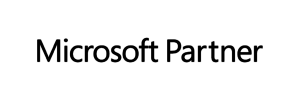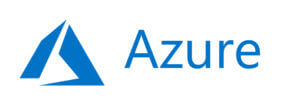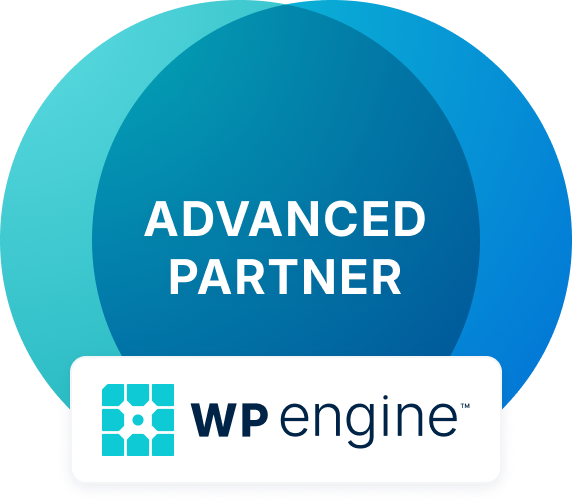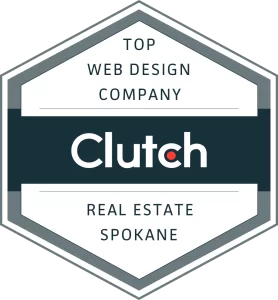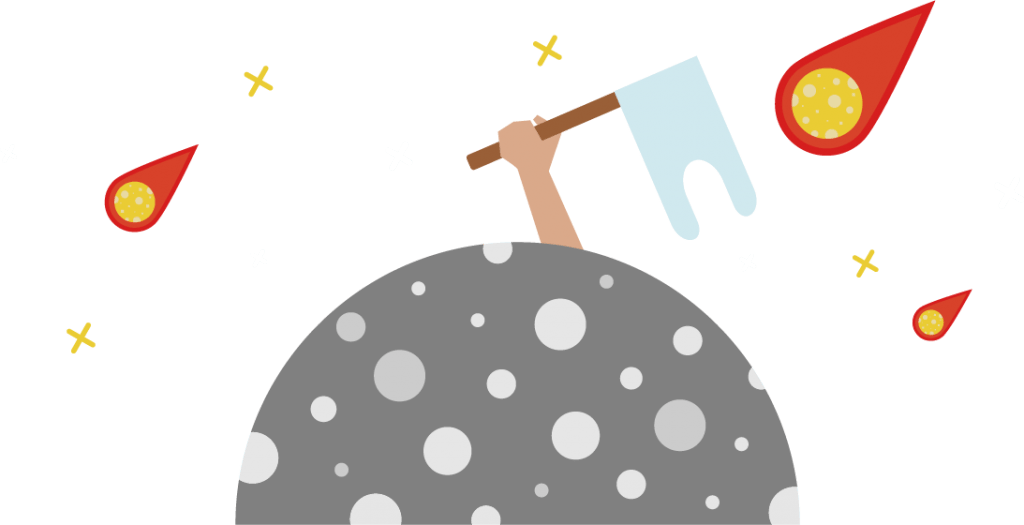Alyssa Mullins 0:00
Hi everyone, I’m Alyssa!
Adam Jones 0:02
And I’m Adam!
Alyssa Mullins 0:03
And welcome to your weekly social!
So today, we’re gonna talk about social media.
Adam Jones 0:15
Okay. We usually do that right?
Alyssa Mullins 0:17
We usually do. That’s kind of what the weekly social’s for, but you know, one day, maybe we’ll talk about something else. So we’re gonna talk about social media and employers using that to kind of use it as a reference and a resource in hiring people.
Adam Jones 0:32
Okay, that’s been around for a while. But what’s new?
Alyssa Mullins 0:35
Just trying to… and there’s a study on it, there was some research done mostly through LinkedIn on whether or not it’s basically reliable.
Adam Jones 0:49
And only LinkedIn?
Alyssa Mullins 0:51
It was mainly LinkedIn, but there is some like Twitter, Facebook, maybe Instagram in there. But mostly, the study was focused mainly on LinkedIn.
Adam Jones 1:01
Okay, so what did they find in the study?
Alyssa Mullins 1:05
So basically, what they found out was that it’s honestly kind of useless. You can’t really tell too much about a person in social media in its whole, outside of even just LinkedIn isn’t always necessarily reliable.
Adam Jones 1:22
And more specifically, a good part of it was looking at the productivity, effectiveness and fit. However, the study only really looked at a person in the sales field, and the sales field job performance. So some of the data, as I looked at it, was a little bit skewed upon what they’re trying to go for. And granted, they did say that, like, looking at social media, and they said, specifically LinkedIn, and the way that people post on LinkedIn, did create biases. Biases, for or against the individual, that were not necessarily predictors of success. Which, okay, then why do we use LinkedIn? Aside from prospecting? But there are some Equal Opportunity issues that do occur with doing that. So then just start the conversation, have you ever hidden things on any of your profiles because of job related things? Or like knowing that you’re gonna be scoped for a job?
Alyssa Mullins 2:31
No, honestly, no, Either a lot of my profiles are already set to private. And usually, what I post on my personal social media accounts is something that I’m usually okay with friends, family, and you know, even strangers, people that I don’t know seeing at some point. But I am aware of it a lot. I am, because sometimes I’m like, “Oh, maybe I could post this!” and like, “Oh, well, do I want to?” Even within my own personal life and just with family, like, do I really want to post where I’m at with my family right now. I’ll give it a day and then post it a day later, just extra security, just something to be aware of that I do, at least.
Adam Jones 3:26
Yeah, no, that makes sense. That makes sense. And going back to the equal opportunity there, there is an issue here with that. A lot of older companies, specifically older companies, some newer ones, too, but they’ll look for people who have families. Because if you have a family, typically that means you’re going to be in your job longer than someone who’s single and growing in their career. And so in a job interview, I’m not really able to ask you like, “Oh, do you have a family? Do you intend to stay here for an extended period of time?” That’s kind of out of the question. Because I’m not looking at fit or function at that level. Those are two main things you want to try and hire for. But then it does create a unfair bias if I go to your Facebook and I see, “Oh, well, you do have a family. Oh, but the other person’s profile is private. So I’m gonna go with the family man, or the family lady to work through that.” And it does create a lot of unfairness and doesn’t predict, really if they’re going to be a good fit or be successful and productive in the job. That being said, I have totally gone through and hidden things. And like, I didn’t party, I wasn’t crazy. But I do remember pictures at like a barbecue. And they did have red solo cups. There was no alcohol at the event.
Alyssa Mullins 4:47
They’re just cups.
Adam Jones 4:48
They were just cups, those were the cups they had.
Alyssa Mullins 4:49
But those cups usually are associated with having something there.
Adam Jones 4:53
And so I went in and untagged myself from quite a bunch of stuff. Just because I was up for jobs. And at the time, and this was a few years ago. So I’m old. And I personally believe- anecdotally- that what I’ve heard from other recruiting firms is even if you have your profile set to private, they absolutely can see it. That there are deals with Facebook and the other giants to be able to have access to that data information.
Alyssa Mullins 5:28
That’s, that’s something to remember.
Adam Jones 5:32
Absolutely, absolutely. And so I grew up in that age. And you just made sure that everything was spit, clean, polished, no issues.
Alyssa Mullins 5:45
And even on platforms like Twitter, where, if you’re like me, maybe you started your Twitter, when I was still pretty young, I don’t remember how old I was. But I made one and then never used it. And then went on it again, in like Middle School, early High School, and was on it. And you know, the things you say when you’re young, you don’t really know what you’re talking about. And as time goes on, maybe you tweet more, more things happen, your feed gets cluttered, but that doesn’t stop people from searching for specific things. And that’s come up in a lot of other things where people have used it to kind of be like, “Oh, you said this today, but you said this like four years ago?” You know, four years is a jump. But even if you said this today, and this is something you said a month ago, that could still be something that people can, you know, look back on, especially if your Twitter profiles on public.
Adam Jones 6:45
That, and even if you’ve never posted, you know, as a recruiter you might look at who is this person following, and then make bias judgments based on that. And the new thing that I think a lot of companies have to look at too is, is the person just using it? Or are they creating- are they trying to be a content creator? And that’s kind of like almost like a second job at that point.
Alyssa Mullins 7:12
Yeah, it can end up being a second job. There are a lot of content creators, and I see people where they have their personal accounts, and then they have another separate account that they use too, you know, for content creation. And you know, they’ll kind of share both accounts back and forth. And it’s interesting to kind of see how the personalities change between those two accounts, sometimes you have the personal account where maybe someone’s one way, and then you have the creative account where they’re trying to present themselves in a certain manner. And it’s almost two different people. And that’s always really interesting for me to observe.
Adam Jones 7:50
Absolutely. And for the recruiter too, in that scenario of like, are they really different people? Because you may be hiring them to be that content creator, and to have that voice for your company, as possibly an influencer or a content creator for your brand. You might also be looking at having them create content and get rid of their brand, or are they allowed to moonlight with that setup? It creates a lot more issues, tensions and HR paperwork at the end of the day.
Alyssa Mullins 8:23
Social media is becoming a big part of someone’s everyday life. I come here, and I work on social media accounts for separate clients, and then I go home, and I go on my own social media accounts. Whether or not I’m posting, I’m still there, and I’m creating some form of presence while I’m there. People can see the things that you’re liking, the things that you’re resharing, everything that you’re doing, even though there are some privacy settings that you can mess with to limit that, it’s still something that future employers, recruiters, anyone can look into, and use it as their own personal way to say yes or no.
Adam Jones 9:07
Absolutely. And the other thing that we would really encourage other companies to do is to have a social media policy for your company. What we’ve seen a lot over the last two years specifically, is someone even reposting or re sharing something and then getting fired over it. Which to us is a really big surprise, just because there may not be a social media policy in place, but there’s still disciplinary action with it. And so to keep yourself legal to keep yourself safe, we would recommend having that policy saying, “When you work for this organization, there is a certain level of integrity and image that you as an employee, get pulled into with it.”
Alyssa Mullins 9:54
And it protects you as the employee and protects the business- you’re now representing a company, so it’s a good thing to have and to be aware of in those times.
Adam Jones 10:08
Now earlier you were mentioning something about like TikTok resumes?
Alyssa Mullins 10:11
Yeah, there was an article that I had seen a while back, where people are looking into using TikTok as a way to kind of create your own resume; just basically use that to kind of get you hired with that influencer culture that’s happening especially on that platform.
Adam Jones 10:32
Like are they like printing out their paper and then like TikTok-ing a resume, or like what is that?
Alyssa Mullins 10:37
My understanding is- and we’ll find the article and link it below- but my understanding of it was that it’s actually a video of you. Of you kind of talking about yourself and your abilities. So like a video resume. But on TikTok and in their Creator platform, I believe.
Adam Jones 10:59
Well, we’ll link that down below.
Alyssa Mullins 11:00
Yeah, it’s something to look into, and be aware of, at least.
Adam Jones 11:05
Anyways, that’s all we had for today. If you’d like this type of content, please do subscribe. Hit the bells. Follow us on Instagram and the Facebook and the TikTok. We don’t have a Snapchat yet. And that’s okay. We’re okay with that. We do have Pinterest though. Check out our Pinterest.
Alyssa Mullins 11:20
We have Pinterest boards, one for everyone that works in the office too. So you can kind of learn about bit about us.
Adam Jones 11:29
That being said, have a wonderful day.
Alyssa Mullins 11:31
Thanks, guys. Bye.

